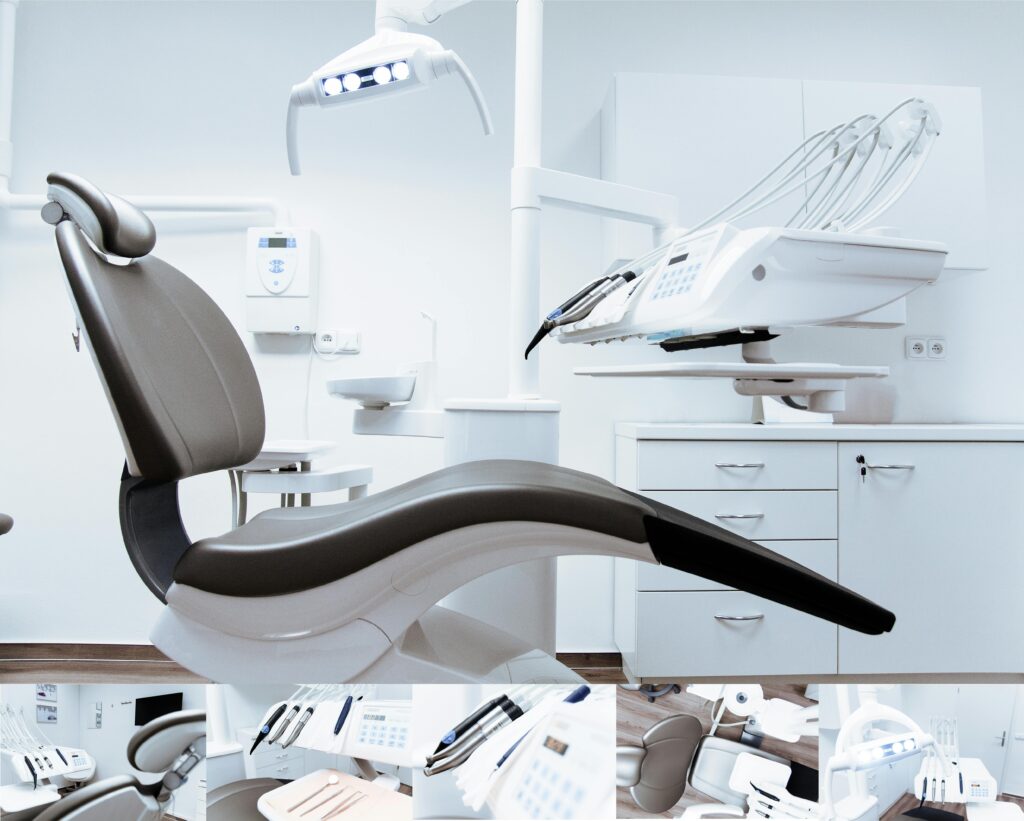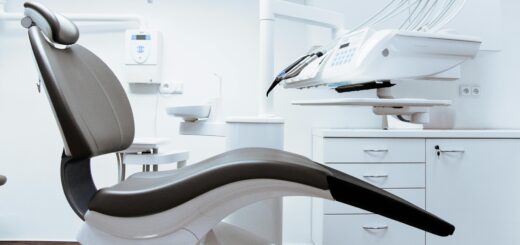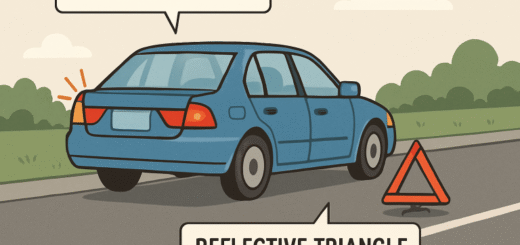Guidelines for Handling Common Dental Emergencies

Dental emergencies can occur unexpectedly, causing discomfort, pain, and anxiety. Knowing how to respond to these situations is crucial in minimizing damage and ensuring that you receive the appropriate care promptly. Whether it’s a sudden toothache, a knocked-out tooth, or a lost filling, being prepared can make all the difference. This article provides comprehensive guidelines on how to handle common dental emergencies effectively.
1. Toothache
A toothache can range from mild discomfort to severe pain, often indicating an underlying issue such as decay, an abscess, or gum infection. If you experience a toothache, start by thoroughly rinsing your mouth with warm water. Floss gently to remove any trapped food particles. Avoid placing aspirin directly on the gum, as this can burn the tissue. If the pain persists, contact your dentist as soon as possible for an evaluation and treatment.
2. Knocked-Out Tooth
A knocked-out tooth requires immediate action for the best chance of saving it. Handle the tooth carefully, holding it by the crown (the part visible in the mouth), and avoid touching the root. Rinse the tooth gently under cold water without scrubbing. If possible, try to reinsert it into its socket and hold it in place until you reach the dentist. If reinsertion is not feasible, store the tooth in a container of milk or a saline solution and seek dental care immediately.
3. Lost Filling or Crown
If a filling or crown falls out, it can expose the tooth to further damage or sensitivity. Clean the affected tooth gently and try to reattach the crown temporarily using dental cement available at pharmacies, but avoid using glue. Schedule a dental appointment promptly to have the restoration repaired or replaced.
4. Broken or Chipped Tooth
A broken or chipped tooth can be both painful and distressing. Rinse your mouth with warm water to clean the area, and apply a cold compress to reduce swelling. Collect any broken pieces of the tooth if possible and bring them to your dental appointment. Prompt attention is critical to prevent further damage and restore the tooth’s integrity.
5. Abscess
An abscess is a serious infection that occurs at the root of a tooth or between the gum and a tooth. It can cause severe pain, swelling, and even fever. If you suspect an abscess, rinse your mouth with mild salt water several times a day to help draw out the pus. Do not attempt to burst the abscess. Seek emergency dental care immediately to address the infection and prevent it from spreading.
6. Soft Tissue Injuries
Injuries to the gums, tongue, cheeks, or lips can result in bleeding and discomfort. Rinse your mouth with a mild salt-water solution and apply a moistened gauze or tea bag to the bleeding site, holding it in place for 15-20 minutes. Use a cold compress to manage swelling and pain. If the bleeding persists, seek professional dental care.
Emergency Dental Care
In any dental emergency, the key is to remain calm and act swiftly. Having access to a reliable dental care provider is essential. If you reside in or around Cypress, Texas, you can rely on Emergency dental care Cypress for prompt and effective treatment. Their team is equipped to handle various dental emergencies, ensuring that you receive the necessary care when you need it most.
Dental emergencies can be unsettling, but being informed and prepared can help you manage the situation effectively. Remember, timely intervention not only alleviates pain but also increases the likelihood of preserving your dental health. Whenever in doubt, do not hesitate to contact a dental professional for assistance.
















